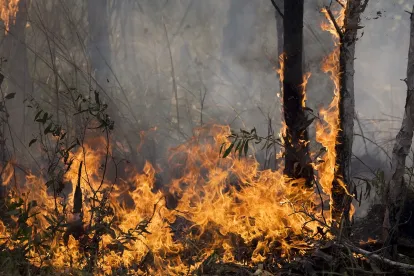The headlines this week have provided striking images of smoke from Canadian wildfires descending on New York City, Boston, Philadelphia, and other cities in the United States. The poor air quality associated with wildfires means more than cancelled sporting events, spoiled beach days, and cancelled flights. Wildfire smoke can be extremely harmful to the lungs, especially for children, older adults and those with asthma, COPD, bronchitis, chronic heart disease, or diabetes. According to the American Lung Association, wildfire particle pollution can cause bronchitis, asthma attacks, heart attacks and strokes.
Employees who work outside are clearly most susceptible to the dangers associated with wildfire smoke, but employees who work inside, even in offices, may be affected by the poor air quality. While the federal Occupational Safety and Health Administration (“OSHA”) currently has no standards addressing poor air quality associated with wildfire smoke, this does not mean employers have no responsibility to protect their employees from these hazards and damages.
The current wildfire smoke is an excellent reminder that OSHA’s General Duty Clause requires an employer to furnish “employment and a place of employment which are free from recognized hazards that are causing or are likely to cause death or serious physical harm . . . .” The General Duty Clause applies when there is no specific standard that applies to a particular hazard. Employers can be cited for violation of the General Duty Clause if a recognized serious hazard exists in their workplace and the employer does not take reasonable steps to prevent or abate the hazard.
Employers with employees in locations affected by wildfire smoke should assess their workplaces and take steps to protect their employees. Steps may include issuing N95 masks, regular monitoring of air quality, modifying job duties or work schedules, installing high-quality HEPA air filters, allowing remote work, or even ceasing certain operations until the smoke has dissipated. Both OSHA and the Center for Disease Control have posted guidance to assist employers.
While federal OSHA has not enacted standards regarding air quality related to forest fires, California and Oregon, where forest fires have been more common, have enacted such standards and Washington has proposed permanent wildfire smoke rules. These standards require employers to take precautions based on air quality data to protect both outdoor and indoor workers from the hazards associated with wildfire smoke. Employers in those states should consult with employment counsel or occupational safety and health professionals to ensure that their operations are in compliance with those rules.



 />i
/>i

